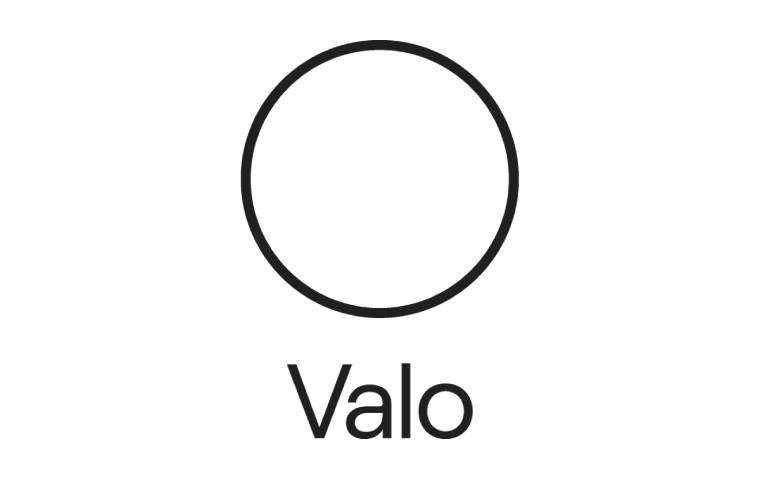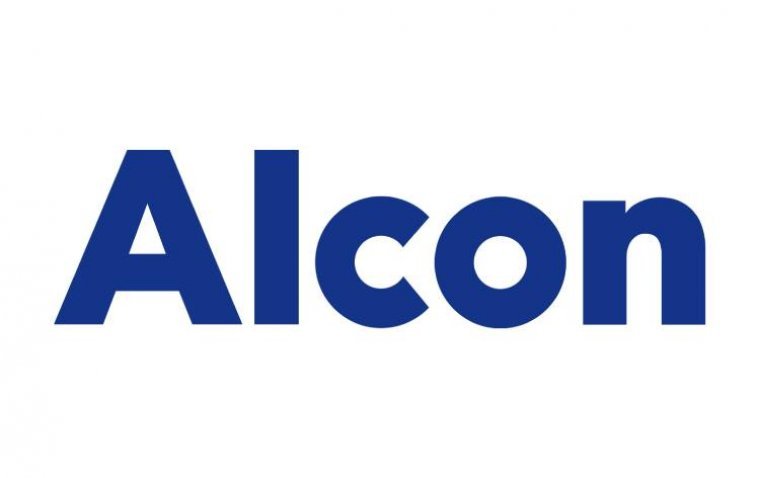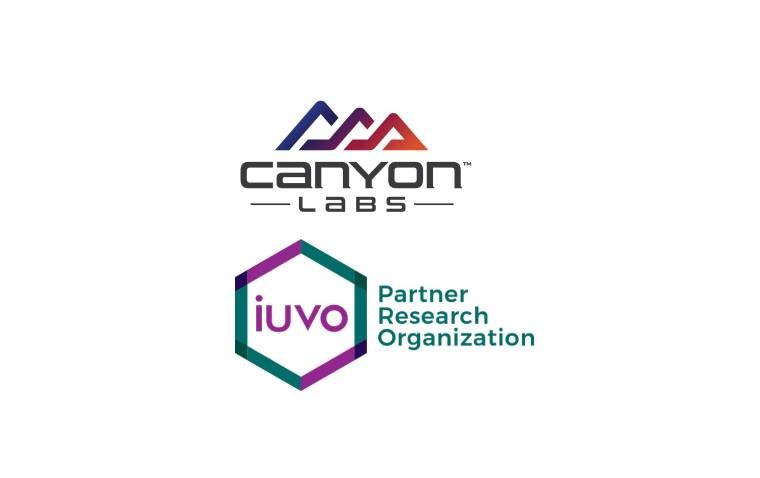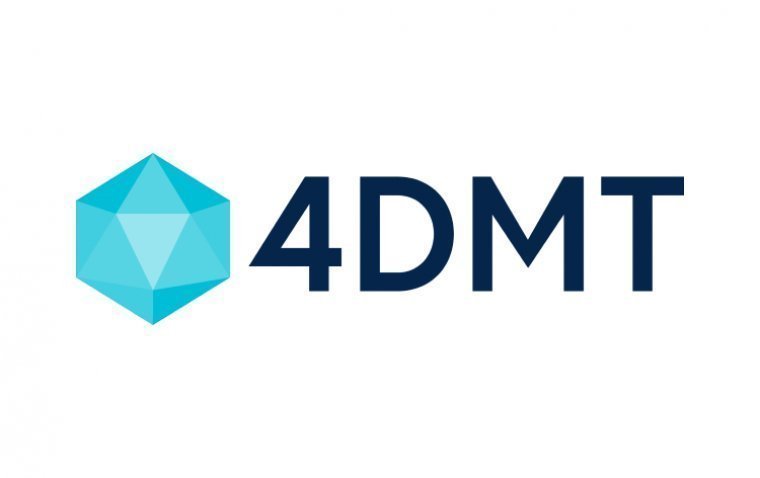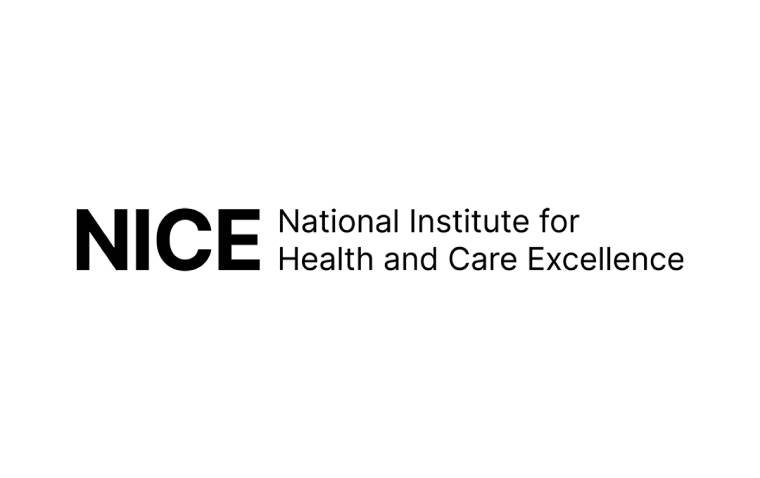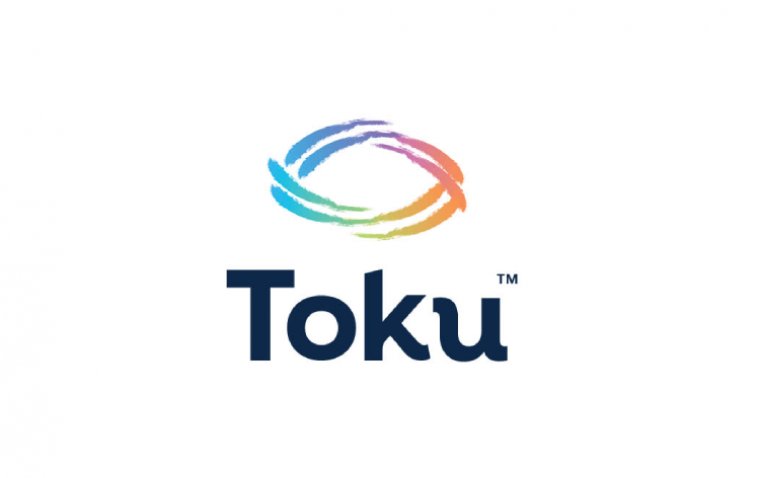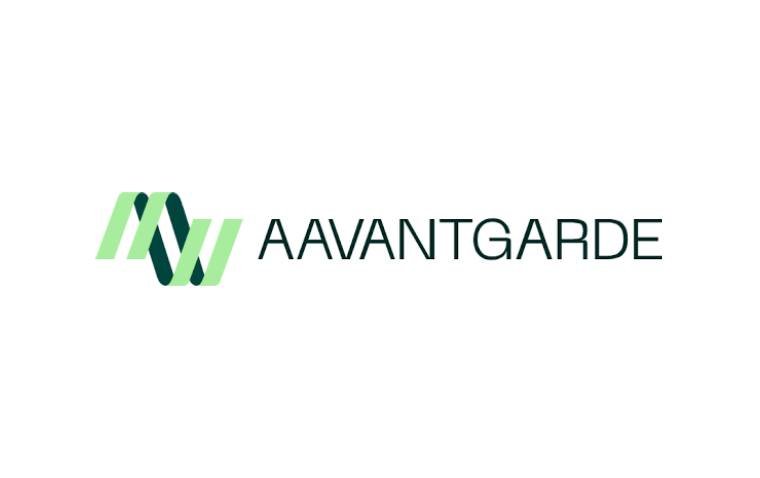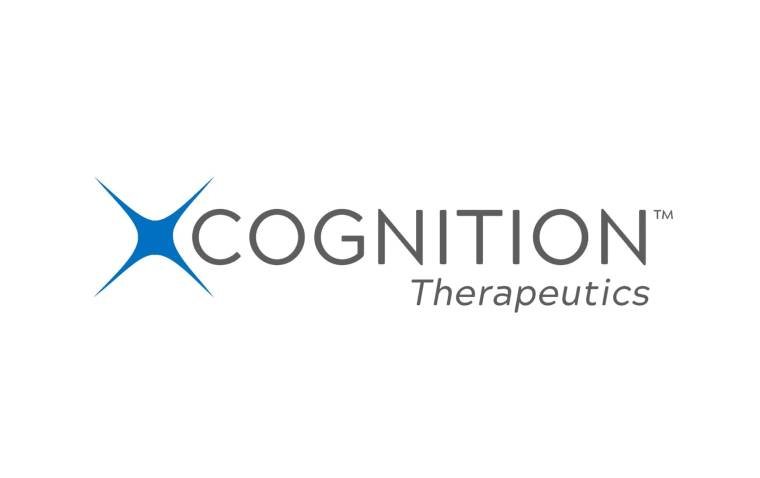
Oral Zervimesine Slows Geographic Atrophy Progression in Phase 2 Dry AMD Trial
Cognition Therapeutics has announced topline results from its Phase 2 Magnify study, evaluating the oral drug zervimesine in patients with geographic atrophy (GA) secondary to dry age-related macular degeneration (dry AMD). The data revealed that zervimesine significantly slowed GA lesion growth and reduced lesion size compared to placebo.
Significant Reduction in Lesion Growth and Size at 18 Months
At the 18-month mark, patients treated with once-daily 200 mg oral zervimesine experienced a 28.6% slower rate of GA lesion growth compared to placebo, according to slope analysis. The mean lesion size in the treatment group was also 28.2% smaller than in patients receiving placebo.
“These results in dry AMD represent yet another indication in which zervimesine has potential to slow the progression of disease with a once-daily oral pill,” said Anthony O. Caggiano, MD, PhD, Chief Medical Officer and Head of R&D at Cognition Therapeutics. “Compared to current treatment options, which require regular intravitreal injections, an effective oral treatment that patients can take at home would be truly transformative.”
Magnify Trial Design and Enrollment
The Magnify study was designed as a randomized, double-masked, placebo-controlled Phase 2 trial. Although originally intended to enroll 246 patients, the study concluded early after enrolling approximately 100 participants. Of those enrolled:
• ~66 patients completed 12 months of dosing
• ~33 patients completed 18 months of treatment
Participants were assessed for safety, tolerability, changes in GA lesion size and growth rate, as well as visual acuity and other anatomical and visual endpoints.
Comparisons to FDA-Approved Complement Inhibitors
Cognition Therapeutics stated in its press release that the topline results favorably compare to published data for FDA-approved injectable complement inhibitors, including:
• Syfovre (Apellis Pharmaceuticals)
• Izervay (Astellas Pharma)
“Dry AMD is now the third indication in which we have shown efficacy signals with a once-daily oral drug,” said Lisa Ricciardi, President and CEO of Cognition Therapeutics. “We believe zervimesine has the potential to be used as a monotherapy or in combination with existing medications. This would allow physicians the flexibility to tailor treatment regimens for their patients. Importantly it would also allow patients who are not appropriate for injectables to have access to treatment. With the right partner and development plan, we believe zervimesine could be a treatment breakthrough in these large, underserved diseases.”
Strategic Shift and Next Steps
The decision to voluntarily conclude the Magnify trial early was made to reallocate resources toward Cognition’s ongoing programs in Alzheimer’s disease and dementia with Lewy bodies, where zervimesine has also shown positive results in previous Phase 2 trials.
At present, only topline data have been released. The company plans to present complete trial findings, including safety, demographic, and extended efficacy outcomes, at a medical meeting later in 2025.
(1).jpg)
